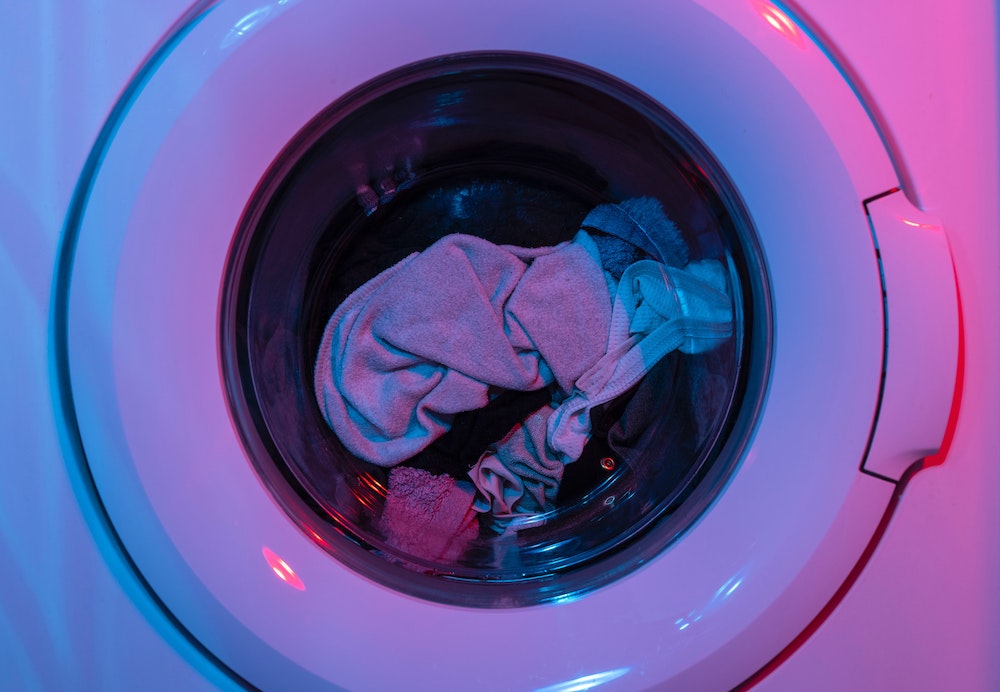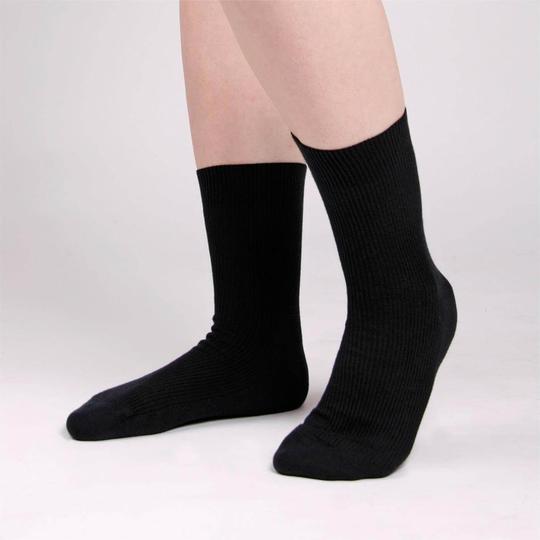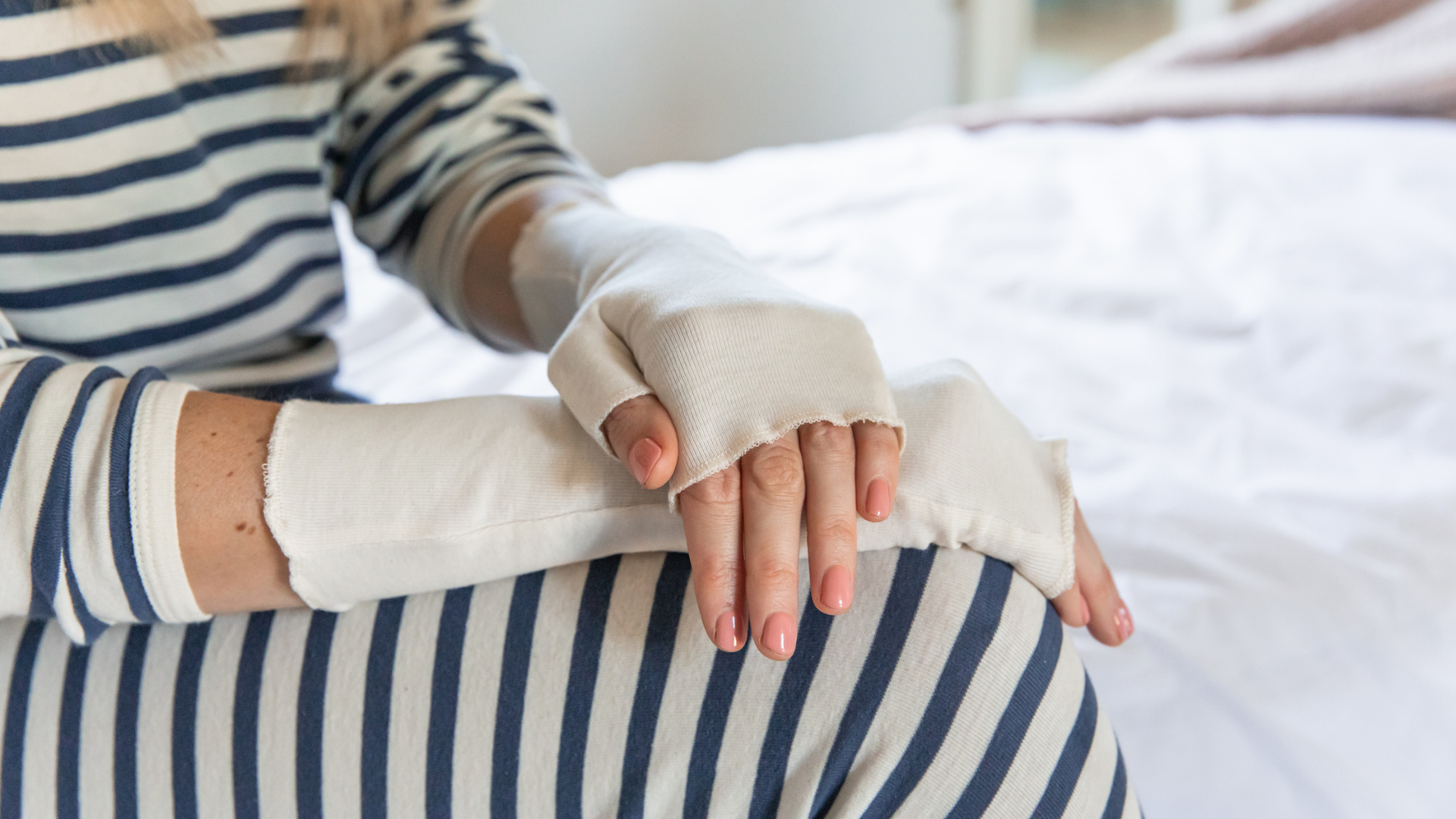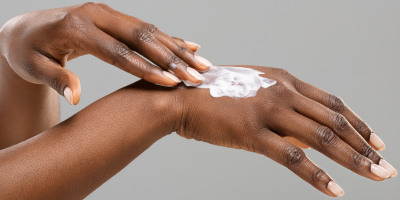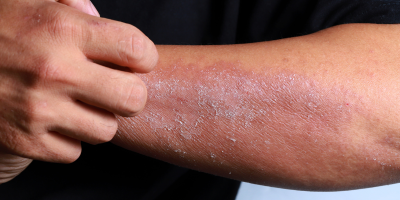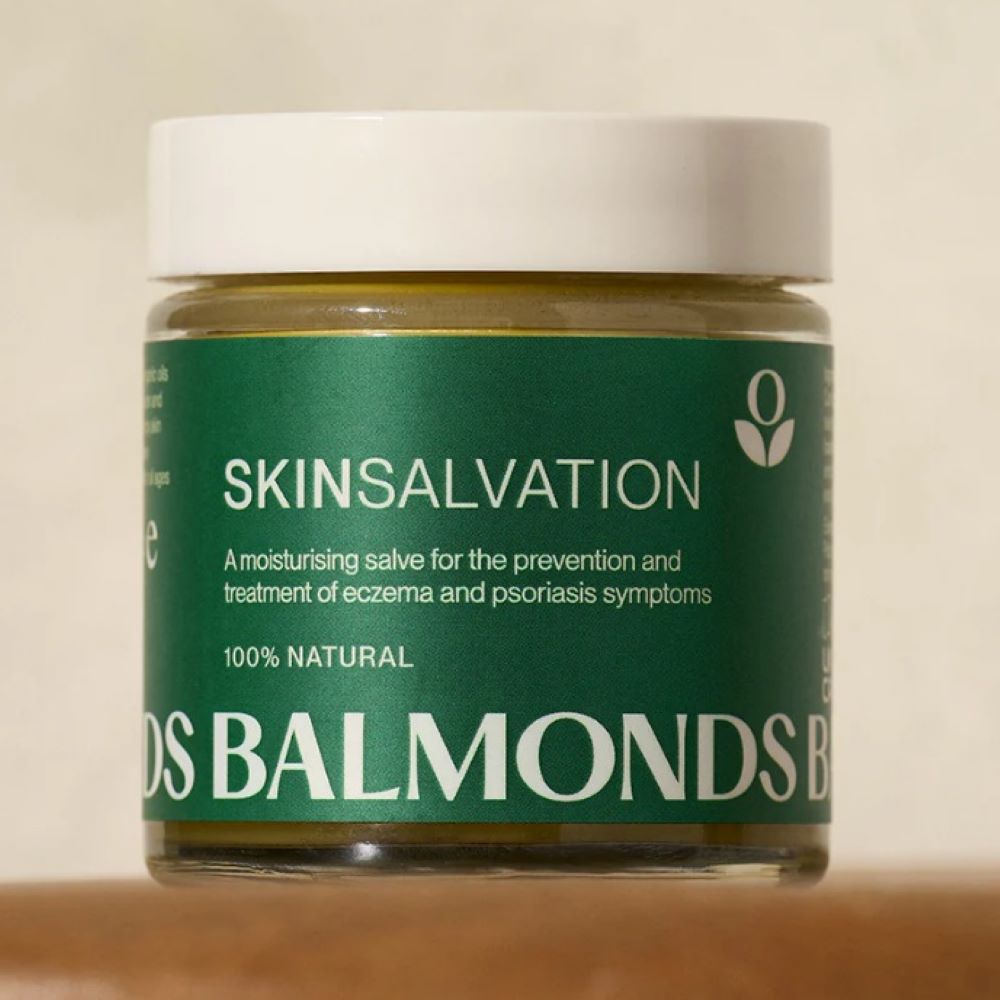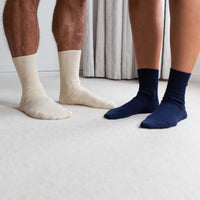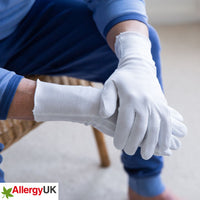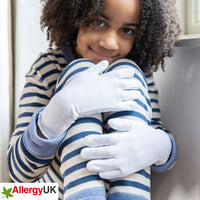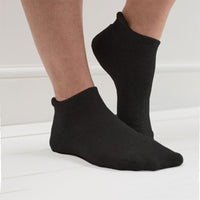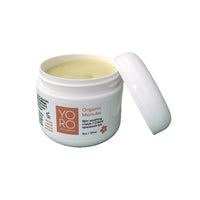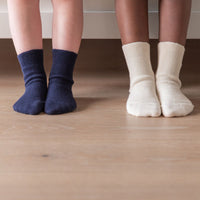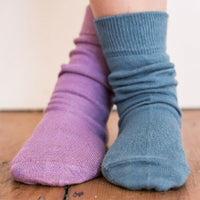Feeling overwhelmed in the laundry aisle? With so many choices on the market it’s no wonder many of us struggle to know which laundry detergent is best for eczema and sensitive skin.
We share our tried and tested choices when it comes to laundry products. Plus, read on for our top tips on how to care for your clothes so they can last you through the years.
What to look for in your detergent?

Powder or Liquid?
Liquid detergent is generally considered to be preferable to powder for those of us with sensitive skin. Liquid contains less residues than powder detergents which can act as a skin irritant. Use just the amount you need, two tablespoons per load is plenty. Adding more can clog up your washing machine and result in residue on your clothes.
Unscented
As tempting as it may be to choose a scented product, these are often loaded with perfumes and dyes which don’t mix well with eczema or sensitive skin.
Non-Biological
Biological washing detergents contain enzymes that help break down stains and maintain the brightness of our clothes. These enzymes can aggravate itchy skin, so it’s advisable to opt for a non-bio washing detergent; an easy and budget friendly switch as many supermarket brands offer non-bio alternatives. A good plant based option is Ecover ZERO Sensitive Non-Bio Laundry Detergent. Accredited by Allergy UK this soft and gentle detergent offers results whilst minimising the risk of allergies.

Hypoallergenic
As eczema and allergies are so interlinked, you may need to look for a hypoallergenic laundry product. Watch out for products that contain SLS (Sodium Lauryl Sulphate). A known irritant used by manufacturers for its foaming properties. In fact, SLS is so well known to cause irritation, that according to Science Direct, “It’s used as a positive control in dermatological testing.” Yikes! If you don’t want to trawl through the ingredients list, then look for a product that is labelled as hypoallergenic. To make your life easier we recommend looking for the Allergy UK Seal of Approval - none of these products will contain SLS.

One product that ticks all of the above is Surcare Non-Bio Laundry Liquid - a favourite of Eczema Clothing’s MD Jo. It was the only product she would wash her daughter’s clothes, bedding, and pjs in, and she still uses it for her family today.

Fabric Conditioner
Though you may want to use Fabric Conditioner to soften your clothes, we would advise against it. Conditioners coat the fabric fibres which can reduce their breathability. This is particularly unhelpful for fabrics such as cotton, as their ability to allow the skin to breathe is one of the qualities that makes them so beneficial for people with Eczema. Breathability of cotton not only helps to keep you cool, but also speeds up cream absorption.
What about Laundry Eggs?
EcoEgg’s Laundry Eggs are an economical and allergy friendly alternative to washing powder for sensitive skin. Dermatologically tested and certified as ‘Excellent,’ the Laundry Egg also holds the Allergy UK seal of approval. Inside the recyclable egg is a blend of mineral pellets and a small amount of non-bio detergent. One egg can last up to 70 washes minimising the prevalence of single use plastic in our homes.

As with all things eczema, It’s often a game of trial and error. Sticking to our simple check box will certainly see you in the right direction.
Caring for your Clothes
The skin-kind fabrics that we use at Eczema Clothing are well known for their ability to last through the years. However, some, such as cotton, can tolerate hotter washes than say your silk lingerie.
Washing temperature.
If you have eczema, it’s likely you may need to wash at a higher temperature to get rid of cream and dead skin. Though this isn’t ideal for our energy consumption, less detergent is required when washing at a higher temperature.
Cotton: Up to 60 Degrees to get rid of creams/dead skin. Especially important for your Pjs and nightwear.
Silk: Up to 30 Degrees, or the ‘cool’ setting.
Bamboo: Up to 40 Degrees.
Tencel: Up to 30 Degrees.
Eczema Clothing’s Tips
- Once you have tried clothes on for size, wash before you wear.
- Use net bags or pillowcases to wash your sensitive garments e.g. silk
- Wash clothes inside out – especially mittens and gloves
- Don’t mix your colours - dyes can contaminate undyed fabrics.
- Drying –Whilst it is not the most environmentally friendly, tumble drying will soften the fabric and is preferable to using fabric conditioner. Eczema Clothing’s Jo used one for all her daughter’s nightwear and towels.
- Gentle ironing will also soften fabrics as an alternative to tumble drying.
- If you have allergies, use the allergy cycle on your machine. If you don’t have one, you can run an extra rinse to remove any traces of powders or liquids.
If you have any favourite laundry products that you would like to see us stock please contact us at info@eczemaclothing.com

